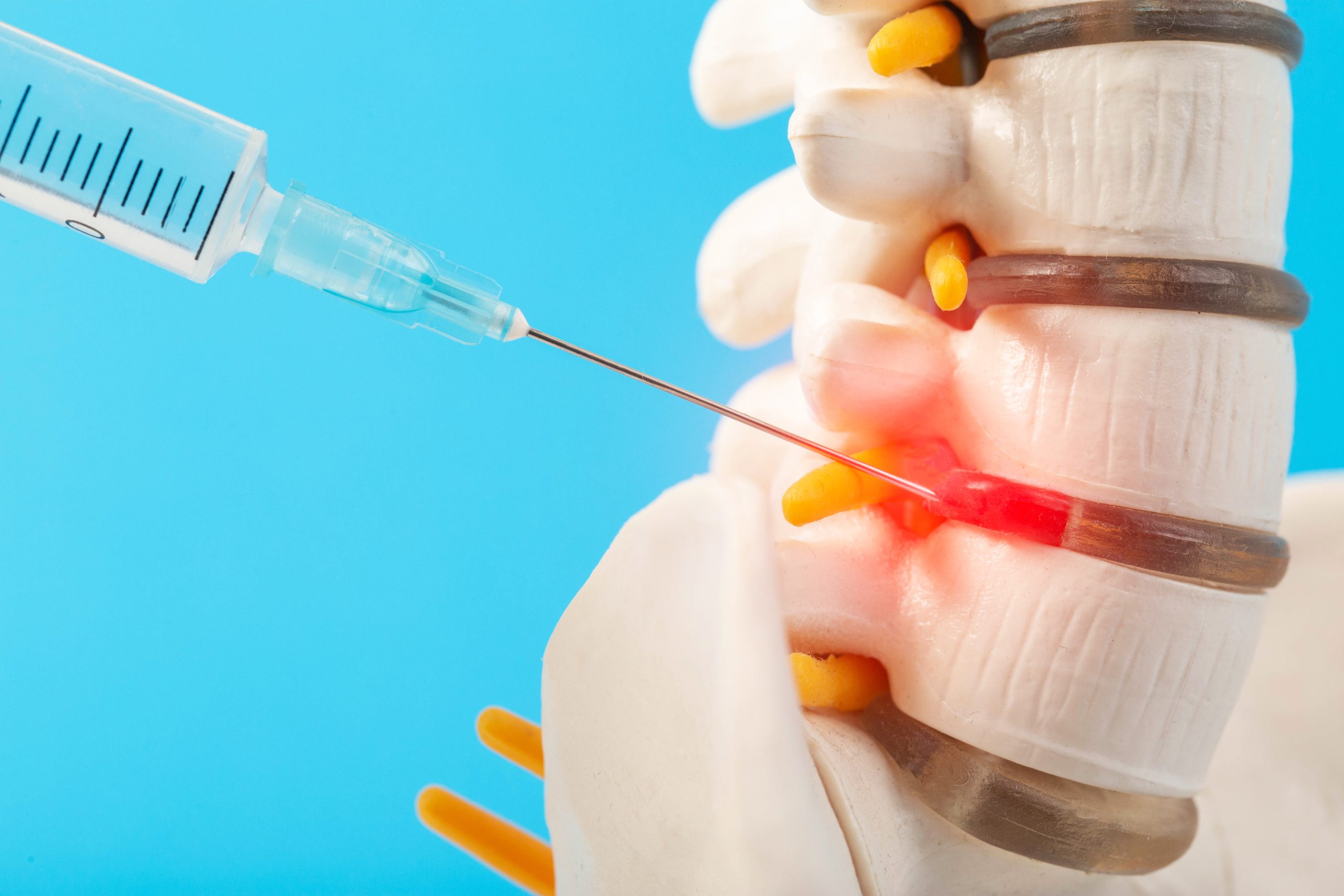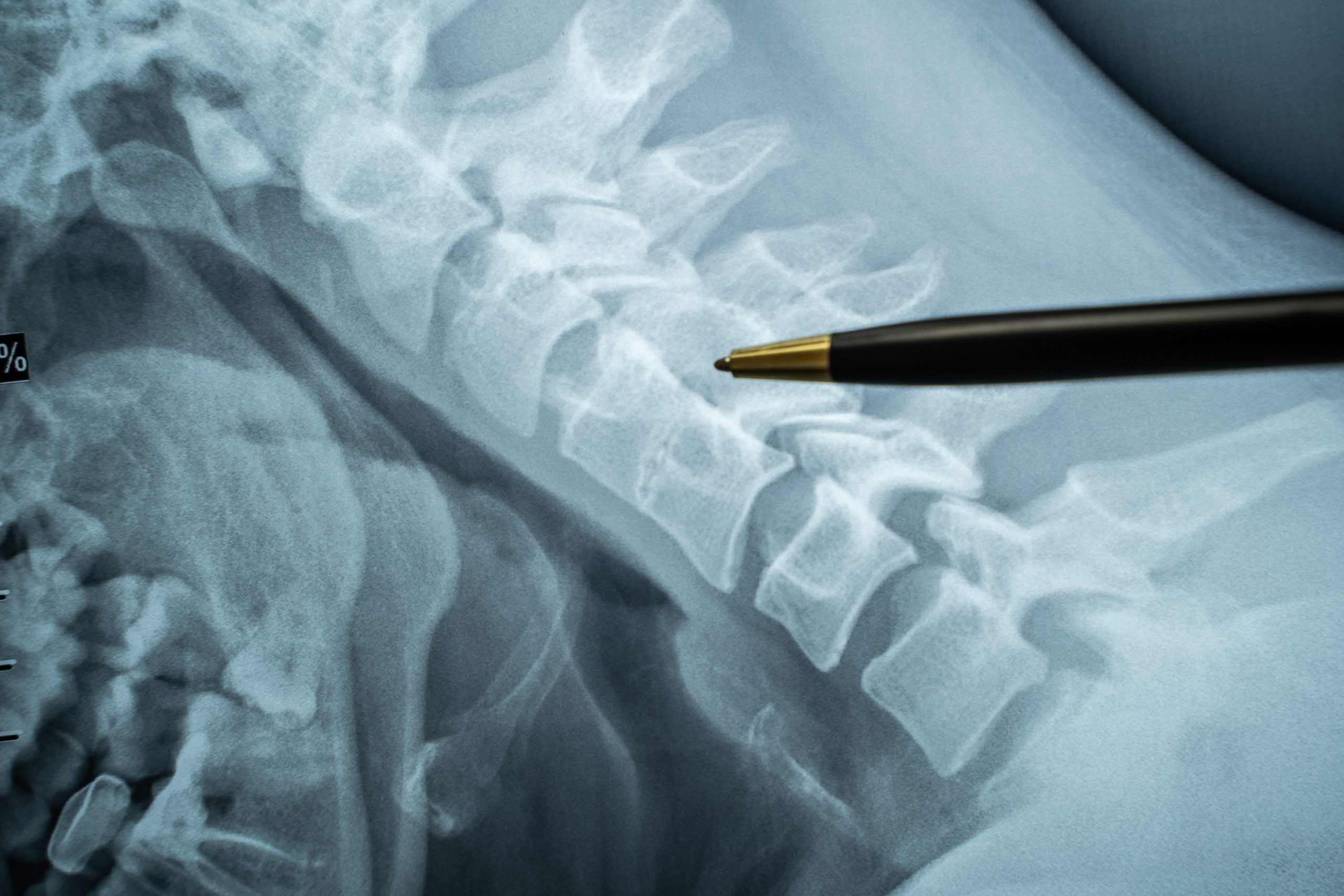What is a Peripheral Nerve Injection?
A Peripheral Nerve Injection (PNI) is a minimally invasive procedure used to deliver medication directly to the nerves outside of the brain and spinal cord (the peripheral nerves). This injection is designed to reduce inflammation, alleviate pain, and improve nerve function. It is often used to treat chronic pain conditions that have not responded to other treatments.

Why Might You Need a Peripheral Nerve Injection?
Peripheral Nerve Injections may be recommended if you experience:
- Neuropathic Pain: Pain caused by damage or disease affecting the somatosensory nervous system.
- Chronic Pain Conditions: Persistent pain, including conditions like sciatica, carpal tunnel syndrome, or peripheral neuropathy.
- Post-Surgical Pain: Ongoing pain following surgery that has not been managed by other means.
What Are the Steps in a Peripheral Nerve Injection Procedure?
Preoperative Preparation
- Medical Evaluation: A thorough review of your medical history and current symptoms.
- Imaging Studies: May include MRI or CT scans to precisely locate the affected nerve.
- Informed Consent: Discussion of the procedure, potential benefits, and risks.
During the Procedure
- Patient Positioning: You will be positioned comfortably to allow easy access to the injection site.
- Local Anesthesia: The area around the injection site will be numbed.
- Needle Insertion: Using imaging guidance, a thin needle is carefully inserted near the affected nerve.
- Medication Injection: A combination of anesthetic and anti-inflammatory medication is injected to reduce pain and inflammation.
Postoperative Care
- Observation: Brief monitoring period to ensure no immediate adverse reactions.
- Pain Relief: Pain relief may be immediate or develop over several days.
- Activity Guidelines: Advice on physical activity restrictions for the remainder of the day.

Recovery and Rehabilitation
Postoperative Care
- Immediate Effects: Some patients may experience immediate pain relief, while others might take a few days to feel the full benefits.
- Pain Monitoring: Keeping a diary of pain levels to track the injection’s effectiveness.
- Follow-Up Appointments: Scheduled to assess your response to the treatment and plan any further interventions if necessary.
Potential Complications
While Peripheral Nerve Injections are generally safe, potential complications can include:
- Infection: Risk of infection at the injection site.
- Bleeding: Minor bleeding or bruising may occur.
- Nerve Damage: Rare but possible risk of temporary or permanent nerve damage.
- Allergic Reaction: Possible reaction to the medications used.
Benefits of Peripheral Nerve Injections in Pain Management
- Targeted Pain Relief: Directly addresses the source of nerve pain.
- Improved Functionality: Helps restore normal function and mobility.
- Minimally Invasive: Non-surgical option with minimal recovery time.
- Enhanced Quality of Life: Reduces pain and improves overall well-being, allowing greater participation in daily activities.
Find a Pain Management Surgeon
Find a Location
MENDELSON KORNBLUM PAIN MANAGEMENT - LIVONIA
For appointments contact
Scheduling: 855.750.5757
For billing questions
Billing: 586.439.6242
Fax: 734.542.0220
MENDELSON KORNBLUM PAIN MANAGEMENT - WARREN
For appointments contact
Scheduling: 855.750.5757
For billing questions
Billing: 586.439.6242
Fax: 586.261.1961
Fax (Pain Management): 586.838.1603
MENDELSON KORNBLUM PAIN MANAGEMENT- STERLING HEIGHTS
For appointments contact
Scheduling: 855.750.5757



